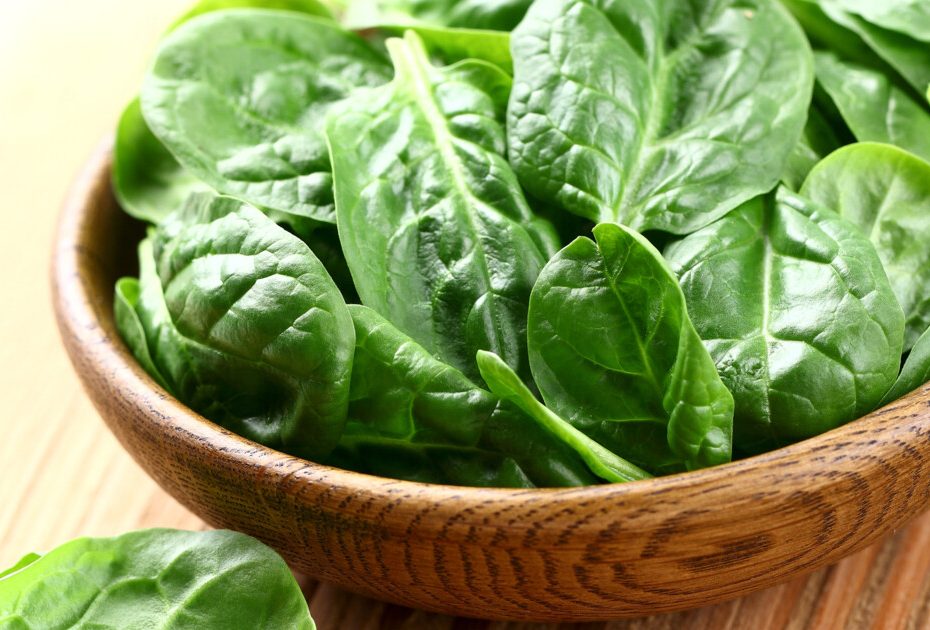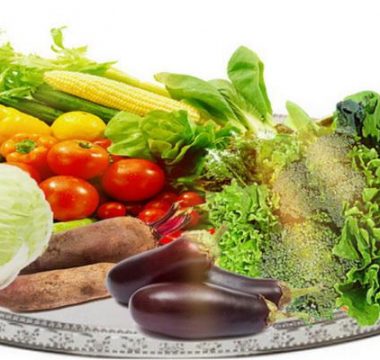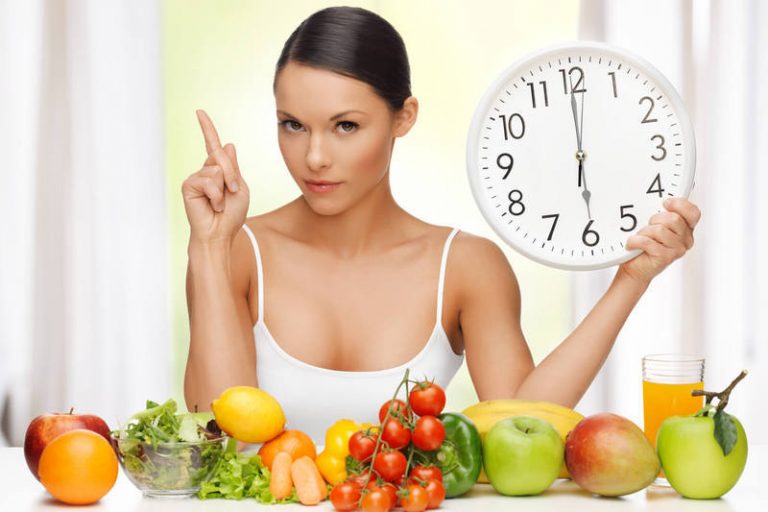
Can my athlete child be a vegetarian?
⚠️¨ A bad practice of this lifestyle can have consequences¨
👉🏽 The answer is yes ❗️ Currently in the world of sports there are many cases of athletes who practice a vegetarian lifestyle such as David Carter (NFL player: Arizona Cardinals), Venus Williams (professional tennis player ), Lewis Hamilton (F1 driver) among others…. 👩🏻⚕️ This type of diet is based mainly on the consumption of vegetable products 🌿, fruits, vegetable fat 🥑, legumes and cereals, and in some cases the consumption of animal products (white meat car) and derivatives is allowed such as eggs🥚, milk, cheeses, yogurt, etc …
There are young people and even adults who start with this type of diet based on the influence of the media👩🏻 💻 and even for personal reasons (not killing animals 🚫🐄…) the problem is not starting with the practice of this lifestyle, but not having medical supervision 👨🏽⚕️ that provides an adequate diet plan to the characteristics and requirements of the athlete.
📝 I would like to mention the difference between each of the types of vegetarians since it is necessary to understand each one of them:
➜ Strict vegetarian or vegan: C onsumes only food of plant origin and does not consume any food of animal origin or derivatives.
– Raw food : they give importance to the maximum preservation of nutrients, so they prefer raw or cooked foods at no more than 45 degrees.

-Frugivore: Consume exclusively the fruits of a plant. This does not mean that they only consume fruits, but rather that they base their diet on foods that do not destroy the plant itself to be obtained. For example fresh and dried fruits, seeds and oils and some vegetables like tomato and cucumber, but not others like lettuce and carrot.
➜ Vegetarian egg: C onsume egg 🥚 in addition to plant-based foods. It does not consume dairy or any type of meat and derivatives.
➜ Vegetarian lacto: C onsume milk and dairy derivatives in addition to those of vegetable origin. It does not consume eggs or any type of meat
There is also the combination of these two which is …
➜ Ovolacteovegetarian: Eat eggs as well as milk and dairy products 🥛
➜ Semi-vegetarian : Also consume eggs and dairy and foods of plant origin, some type of meat, usually chicken and / or fish, but not red meat. 😀
➜ Flexivegetariano: Bases your diet on some form of vegetarian diet, although it OCCASIONALLY includes reduced amounts of both red and white meats, there is no a clear margin on the amount of meat consumed to be flexivegetarian. 😇

😕 Consequences of a poor practice of vegetarianism:
1) Anemia : Iron deficiency due to the fact that foods of plant origin contain only non-heme iron, which has a very low absorption compared to heme iron that is exclusively found in meats.
We invite you to read our article on Iron and young athletes
2) Deficiency Vitamin B12:
The only athletes whose supplementation would be recommended would be those who were strict vegetarians, since this vitamin is not found in foods of plant origin.
😧 Finally, it is very important to emphasize that vegetarian food must be planned with special care since, as I mentioned before, you can partially or totally avoid foods from Animal origin. Clearly, the greater the degree of restrictions carried out by the athlete, the greater the risk of nutrient deficiencies and therefore affect growth (in the case of young people), development, health and sports performance ⚽️🏀🏈.
At BND we care about educating young people by offering workshops and nutrition consultations in order to guide them in the Choosing and consuming different types of food, we support both the parent and the young person in the adoption of healthy eating habits, nutritional strategies, work tools at home etc …
We know that you are looking for the best for your child, for that reason we invite you to our workshops as part of the BNDjr: #Eat like a winner!
